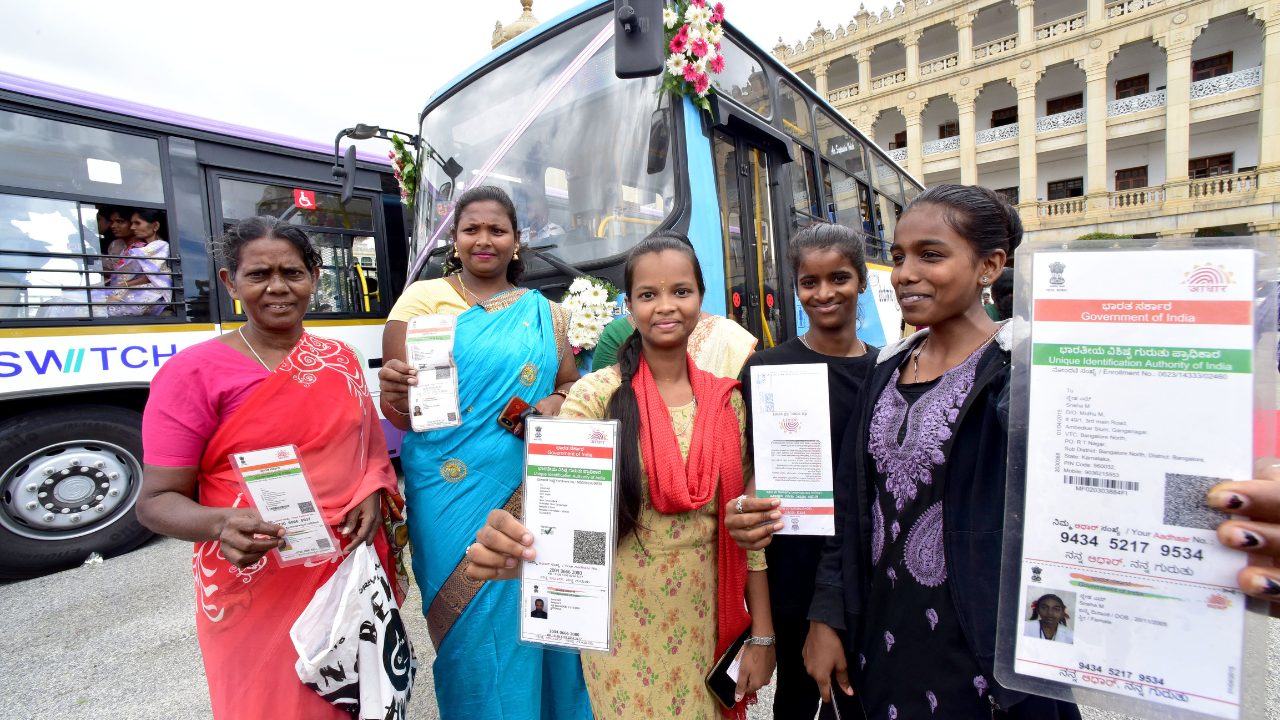NEW DELHI: The Registration of Births and Deaths (Amendment) Act, 2023 is set to take effect on October 1st, allowing the use of a birth certificate as a single document for various purposes such as admission to educational institutions, obtaining a driving license, voter list preparation, Aadhaar number registration, marriage registration, government job appointments, and other purposes determined by the central government.
The Act aims to establish a comprehensive national and state-level database of registered births and deaths, with the ultimate goal of improving the efficiency and transparency of public services and social benefits delivery through digital registration.
The announcement was made by the Union Ministry of Home Affairs in a notification issued on Wednesday. The notification stated, “In exercise of the powers conferred by sub-section (2) of section 1 of the Registration of Births and Deaths (Amendment) Act, 2023 (20 of 2023), the Central Government hereby appoints the 1st day of October 2023, as the date on which the provisions of the said Act shall come into force.”
Union Minister of State for Home Nityanand Rai led the bill’s efforts to amend the 1969 Act. Both the Rajya Sabha and Lok Sabha passed the Registration of Births and Deaths (Amendment) Bill 2023 during the Monsoon Session. While the Rajya Sabha approved the bill through a voice vote, the Lok Sabha passed it on 1st August.
Under this Act, the Registrar General of India is empowered to maintain a national database of registered births and deaths. Chief Registrars (appointed by states) and Registrars (appointed by states for local areas) are responsible for sharing birth and death data with the national database. Each state is also required to maintain a similar database at the state level.
Previously, certain individuals were required to report births and deaths to the Registrar. For example, the Act now mandates that, in cases of births, the specified individuals must also provide the Aadhaar numbers of the parents and the informant. This requirement extends to the jailor in the case of births in a prison and the manager of a hotel or lodge in cases of births occurring in such establishments.
Additionally, the Act expands the list of specified persons to include adoptive parents for non-institutional adoptions, biological parents for births through surrogacy, and the single parent or unwed mother in the case of a child’s birth.
The new legislation stipulates that the national database may be shared with other authorities responsible for maintaining different databases, such as population registers, electoral rolls, ration card records, and other national databases as notified. Any use of the national database must be approved by the central government.
Similarly, state databases may be shared with authorities responsible for maintaining other state-level databases, subject to approval by the respective state governments.
The Act also establishes a mechanism for individuals to appeal against any action or order issued by the Registrar or District Registrar. Such appeals must be submitted within 30 days of receiving the action or order, and the District Registrar or Chief Registrar is required to provide their decision within 90 days of receiving the appeal.
The Act aims to establish a comprehensive national and state-level database of registered births and deaths, with the ultimate goal of improving the efficiency and transparency of public services and social benefits delivery through digital registration.
The announcement was made by the Union Ministry of Home Affairs in a notification issued on Wednesday. The notification stated, “In exercise of the powers conferred by sub-section (2) of section 1 of the Registration of Births and Deaths (Amendment) Act, 2023 (20 of 2023), the Central Government hereby appoints the 1st day of October 2023, as the date on which the provisions of the said Act shall come into force.”
Union Minister of State for Home Nityanand Rai led the bill’s efforts to amend the 1969 Act. Both the Rajya Sabha and Lok Sabha passed the Registration of Births and Deaths (Amendment) Bill 2023 during the Monsoon Session. While the Rajya Sabha approved the bill through a voice vote, the Lok Sabha passed it on 1st August.
Under this Act, the Registrar General of India is empowered to maintain a national database of registered births and deaths. Chief Registrars (appointed by states) and Registrars (appointed by states for local areas) are responsible for sharing birth and death data with the national database. Each state is also required to maintain a similar database at the state level.
Previously, certain individuals were required to report births and deaths to the Registrar. For example, the Act now mandates that, in cases of births, the specified individuals must also provide the Aadhaar numbers of the parents and the informant. This requirement extends to the jailor in the case of births in a prison and the manager of a hotel or lodge in cases of births occurring in such establishments.
Additionally, the Act expands the list of specified persons to include adoptive parents for non-institutional adoptions, biological parents for births through surrogacy, and the single parent or unwed mother in the case of a child’s birth.
The new legislation stipulates that the national database may be shared with other authorities responsible for maintaining different databases, such as population registers, electoral rolls, ration card records, and other national databases as notified. Any use of the national database must be approved by the central government.
Similarly, state databases may be shared with authorities responsible for maintaining other state-level databases, subject to approval by the respective state governments.
The Act also establishes a mechanism for individuals to appeal against any action or order issued by the Registrar or District Registrar. Such appeals must be submitted within 30 days of receiving the action or order, and the District Registrar or Chief Registrar is required to provide their decision within 90 days of receiving the appeal.
